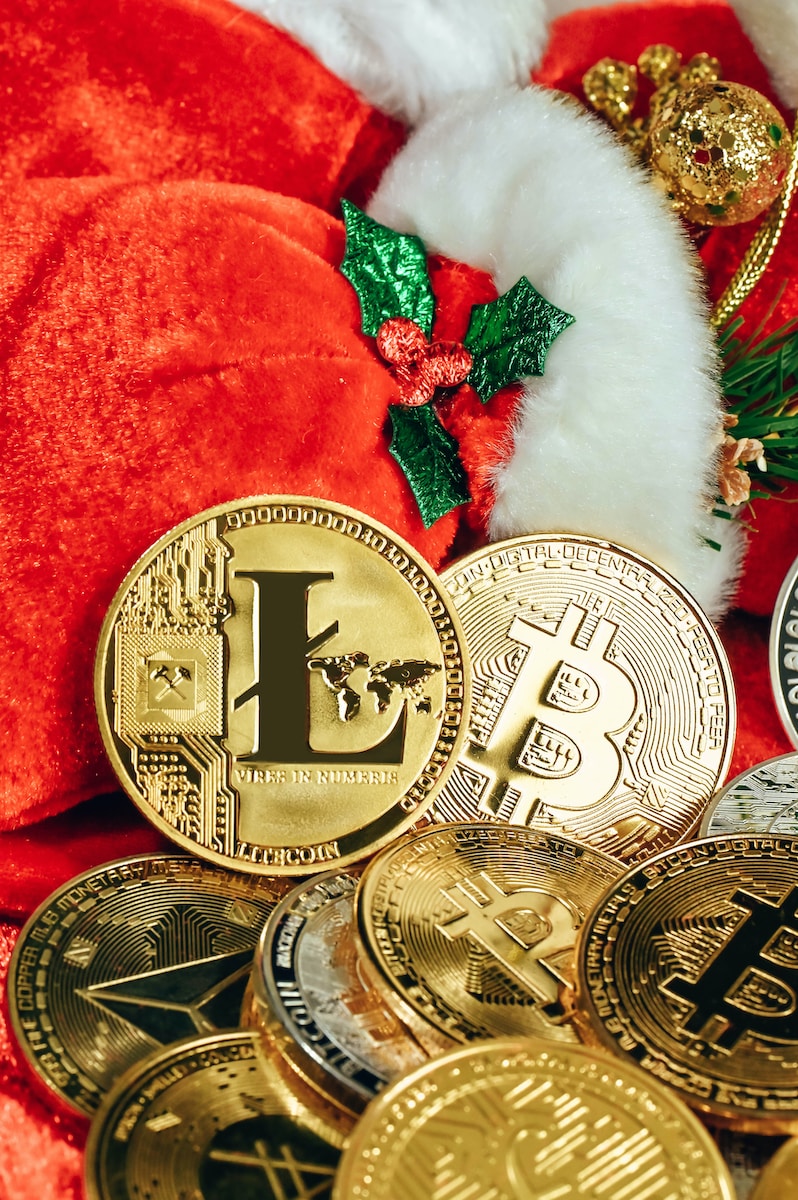Hey there, fellow ethical spenders! I’m Emma Walker, your trusty companion on the journey to making mindful financial choices. For four years now, I’ve been sharing insights, tips, and a dash of humor to help you navigate the intriguing world of ethical spending. Today, we’re diving deep into the ocean of financial inclusion and ethics. Buckle up, it’s going to be quite the ride!
The Essence of Financial Inclusion and Ethics
Before we plunge into the nitty-gritty, let’s define our terms. Financial inclusion refers to the accessibility and availability of financial services to all individuals and communities, irrespective of their economic status. Now, tie that concept hand-in-hand with ethics, and you’ve got yourself a potent combo. Ethical spending is about making financial decisions that align with your values, beliefs, and, most importantly, your conscience.
Why Does Financial Inclusion Matter?
Imagine a world where everyone, regardless of their background, has equal access to financial services like banking, insurance, and credit. Financial inclusion aims to make this utopian dream a reality. It isn’t just about leveling the playing field; it’s about creating a more equitable society.
Think about it this way: financial inclusion opens doors to opportunities that might otherwise remain locked. It empowers individuals to save, invest, and

access resources to improve their lives. Without it, millions are left on the sidelines, struggling to make ends meet.
The Dark Side of Exclusion
The consequences of financial exclusion are far-reaching. Picture someone living in a cash-only society with no access to a bank. They’ll stash their hard-earned money under the mattress, and if disaster strikes – be it a robbery or a fire – poof, their financial security vanishes.
Moreover, the unbanked and underbanked often turn to predatory lenders, such as payday loan sharks, who exploit their desperation with sky-high interest rates. It’s a vicious cycle, and it’s high time we break it.
The Unsung Heroes of Financial Inclusion
Now, let’s tip our hats to some unsung heroes in the financial inclusion arena. Microfinance institutions, community banks, and credit unions are like the Avengers of the financial world, fighting for the little guy. They provide affordable financial services and education to underserved communities, offering them a chance at economic empowerment.
One shining example is Grameen Bank in Bangladesh, founded by Nobel laureate Muhammad Yunus. This institution has extended microloans to millions of impoverished women, enabling them to start small businesses and improve their families’ lives. That’s financial inclusion at its finest!
The Digital Revolution: A Game Changer
Ah, the digital age, where everything is at our fingertips, including financial services. Mobile banking and digital payment platforms have revolutionized financial inclusion. Suddenly, people in remote villages can access their accounts, send money, and even access microloans using their smartphones. It’s like having a bank branch in your pocket!
For instance, M-Pesa in Kenya has transformed the way people handle money. By offering mobile-based financial services, it has enabled millions to access banking services without ever stepping into a traditional bank.

Ethical Spending Meets Financial Inclusion
Now that we’ve got the basics down, let’s merge ethical spending with financial inclusion. When you make ethical financial choices, you’re not just benefiting yourself – you’re also supporting businesses and organizations that prioritize ethical practices.
Consider investing in banks or credit unions that are committed to financial inclusion. By depositing your money in these institutions, you’re contributing to their mission of expanding access to financial services. Plus, your funds are more likely to be used for socially responsible lending within your community.
Sustainable Banking: A Win-Win
Sustainable banking is a fantastic example of ethical spending intersecting with financial inclusion. Banks that focus on sustainability not only make eco-friendly choices but also commit to ethical lending practices. They support projects that benefit local communities, which can include financial literacy programs and support for small businesses.
One standout is Amalgamated Bank in the USA. This bank is not only a certified B Corporation but also dedicates itself to lending for affordable housing and renewable energy projects. It’s a testament to how your money can do more than just sit in an account; it can actively contribute to positive change.
Financial Education: The Ethical Edge
While we’re on the topic of financial inclusion and ethics, let’s not forget about education. Empowering individuals with financial knowledge is an essential part of the equation. After all, what good is access to financial services if you don’t know how to use them wisely?
Supporting organizations that provide financial literacy programs can be a brilliant ethical choice. These programs equip individuals with the skills they need to make informed financial decisions, breaking the cycle of poverty and exclusion.
Conclusion: Ethical Spending, Financial Inclusion, and You
As we wrap up this deep dive into the world of financial inclusion and ethics, remember that your choices matter. By embracing ethical spending, you can play a pivotal role in promoting financial inclusion and supporting organizations that prioritize social responsibility.
So, let’s be the change we wish to see in the world of finance. Seek out financial institutions that align with your values, support financial education initiatives, and spread the word about ethical spending. Together, we can make financial inclusion a reality for all, one ethical choice at a time.
Stay ethical, stay mindful, and let your dollars do the talking! Thanks for joining me on this journey, and until next time, this is Emma Walker signing off. Happy ethical spending, folks!

































